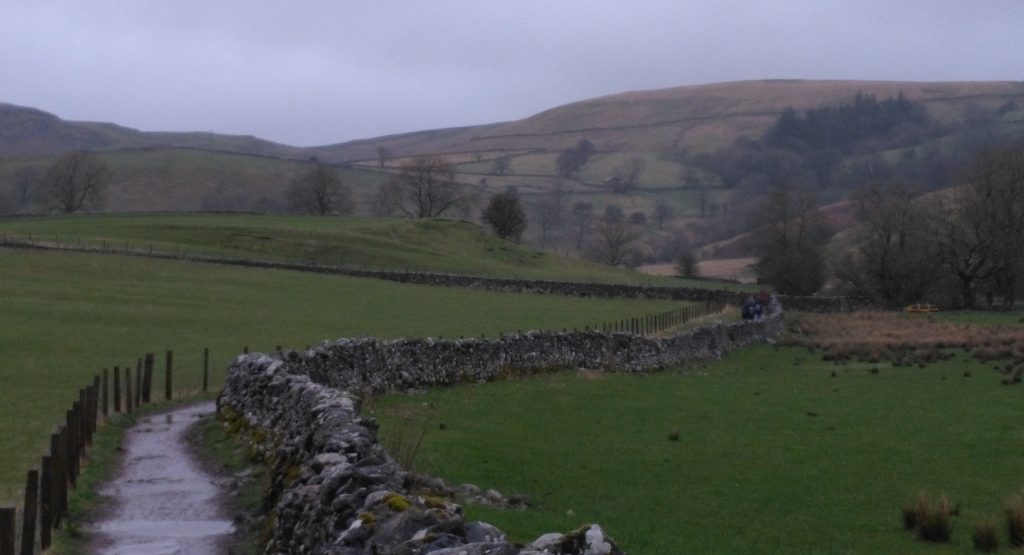
Who possesses this landscape? –
The man who bought it or
I who am possessed by it?
NORMAN MACCRAIG, FROM ‘A MAN IN ASSYNT (EXTRACT)’
Landscape. What does the word mean to you? When you think of the landscape most familiar to you, whether it be urban, rural, or something in between, what images, smells, feelings, memories are conjured up? Maybe you feel strongly attached to a certain place, or perhaps you have moved around a great deal without really putting down roots. But the fact is, sooner or later, most people do start to feel strongly about the place or places they call home.
Landscapes mean different things to different people. For example, the rolling hills and green fields of the United Kingdom form a significant part of British and Irish social and cultural identity. After nearly a decade spent living in England, I, too, have grown very fond of its countryside. However, the landscape that most stirs my soul is that of Canada’s west coast. The journey home to Vancouver Island (for it is still “home” to me) is always an emotional one; the first sight of mist shrouded forests meeting the ocean, coupled with the scent of cedar and fir carried on the salty Pacific air, never fails to overwhelm me.

But people do not need to be from opposite sides of the world to feel differently about a landscape. There can be considerable differences in opinion about what landscape means, or what a particular landscape should be “for”, within a country, within a region, or even within a neighbourhood. And when it comes to managing or responding to changes in landscape, resolving those differences of opinion can be significant challenge.
Landscapes undergo a continual process of change, evolving through time as a result of interaction with both humans and natural forces. However, at certain points in time, this process may appear to be more rapid than others. When change is noticeable, people often struggle to come to terms with it, and that increases the potential for conflict. Brexit may usher in one such period of rapid landscape change (and potential conflict) since changes in policies related to agriculture, the environment, rural development and trade could have significant implications for how the UK’s countryside is managed. We are also entering what is almost certainly going to be a period of rapid environmental change as the effects of climate change become increasingly apparent and write themselves on our currently familiar landscapes.
How successfully we respond to these changes as a society depends to a large degree on how successful we are at working together. In terms of Brexit, for example, can new policies be developed that effectively take into account the opinions and needs of all stakeholders (which includes just about everyone)? In terms of responding to climate change, can the interests of all those affected (again, everyone, not just those profiting from polluting industries) be taken into consideration?
This is not just about “listening” to everyone’s voices, and paying lip service to having done so. It is about undertaking the difficult process of giving value and importance to everyone’s needs and desires, and figuring out how to meet them, as far as possible. This task is challenging for various reasons. First, people need and/or want different things, and assessing what these needs and wants are is not as simple as asking people for their opinion. Both can change over time, and are influenced by a great many external factors. Secondly, it is difficult, if not impossible, to determine if all voices should be given equal weight, or if some are more important than others.
Great bodies of research have been devoted to both these challenges, and there is no clear consensus. But perhaps that is the point: society is dynamic, just like the landscape, and working together must be an ongoing process rather than a one-off consultation. We as social researchers can contribute to this process by helping to develop a deeper understanding of how to assess opinion, bring everyone’s interests to the table when important issues are discussed, and ensure those interests are not ignored when policy decisions are made.

This post was originally published on the PGR Sociology @ Newcastle University blog
